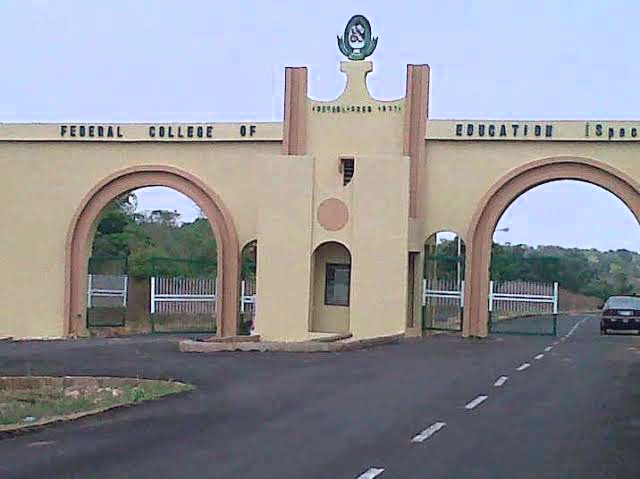At the 17th Biennial national conference and award-giving ceremony organised on Thursday by the School of Secondary Education (Arts and Social Science Programmes) of the Federal College of Education (Special) Oyo, Oyo State, two Nigerian professors aptly dissected the growing spate of insecurity in Africa and the roles Nigeria, the supposed African giant, can play amid her own multi-dimensional socio-economic and security challenges.
In his keynote speech entitled “The Quest for Peace and Security in Africa: The Role of Nigeria in the Face of Multidimensional Challenges” which he presented at the conference, one of the dons, Afolabi Agbaje, a Professor of Political Economy and Dean, Faculty of Social and Management Sciences, Osun State University, Osogbo, noted that: “For many people, today’s world is an insecure place as it is full of threats on many fronts, which include: natural disasters, violent conflicts, chronic and persistent poverty, health pandemics, international terrorism, and sudden economic and financial downturns that impose significant hardships and undercut prospects for sustainable development, peace and stability.”
According to him, such crises are complex, entailing multiple forms of human insecurity, and when insecurities overlap, they can grow exponentially, spilling into all aspects of people’s lives, destroying entire communities, and crossing national borders.
He noted that just as Africa is troubled by a lack of peace and security, so is Nigeria equally bedevilled. But the strong political will and sincerity of purpose of those at the corridor of power in the country, backed by sufficient public or citizen understanding and cooperation, remain the only factors that can help the African giant address her seeming intractable challenges and become a model for other countries on the continent.
Agbaje noted that despite being greatly blessed, Africa, according to the United Nations Environmental Programme (UNEP), loses about $195 billion annually through illicit financial flows, illegal mining, illegal logging, illegal trade in wildlife, unregulated fishing, and environmental degradation and loss.
He, however, noted that despite being afflicted with both political and socio-cultural woes, which he said have culminated in the rising inflation and severe food insecurity as well as the worsening spate of kidnapping it is currently facing, Nigeria can spearhead the African healing revolution by improving its socio-political process, refocusing value reorientation among its leaders and followers, promoting religious understanding and tolerance, discouraging religious fundamentalists from causing social pains, particularly in the North, making its elections more credible, demonetizing its politics, and promoting independent candidature, among others.
In the lead paper presented at the conference, the second don, Dr. Gbadamosi Basiru, noted that “peace and security are essential ingredients for the growth and development of any nation.”
He said, “Unfortunately, however, African countries are bedevilled with myriads of conflicts, wars, and insecurity, which not only inhibit social, political, and economic growth and development on the African continent but also adversely affect the quality of life of their citizens.”
He further highlighted the forms and dimensions of wars and conflicts that characterised African countries, as well as the underlying factors responsible for conflicts and insecurity, which he said include political, economic, ethnic, and emerging issues that include terrorism, drug trafficking, and banditry, among others.
He said since Nigeria is the African giant, the Federal Government must urgently come up with strategies to mitigate the persistence of wars and conflicts ravaging Africa with the aim of finding lasting solutions to the insecurity plaguing the continent.
In her welcome address, the Dean, FCE(S) School of Secondary Education, Dr. Oluyemisi Adegbite, said the conference has become expedient given the multi-layered challenges the country and Africa are facing and that it is historic for the school to have held the conference successfully, having recently secured re-accreditation for all its departments and those affiliated with the University of Ibadan (UI).
The high point of the programme was the presentation of awards to notable dignitaries, among which were the Osun State Commissioner for Commerce and Industry, Reverend Bunmi Jenyo, Honourable Bimbo Abolarinwa Ayeni, Honourable Clement Akanni Ademola, Honourable Prince Akeem Adeniyi, and Honourable (Chief) Sunday Ojo Akindele.
